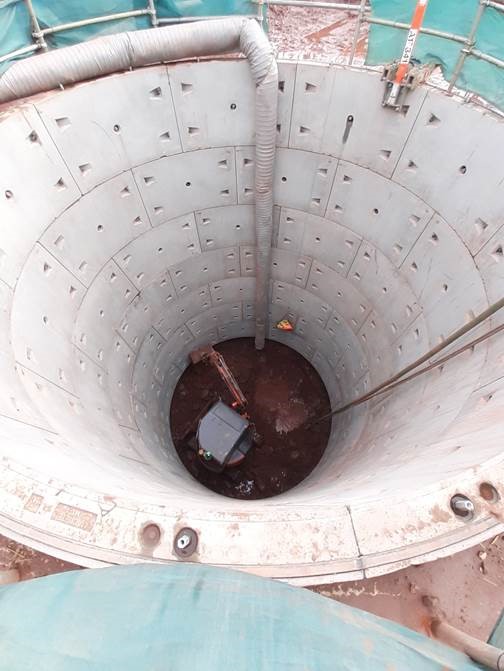Trenchless technology is a type of construction done underground which involves only little or no trenches at surface level or street level. This type of technology, crafted by engineering experts, is new, and makes use of new inventions and technology to ensure that there is less disruption to the ground. This makes engineering easier and more environment-friendly as it avoids further damage caused by the usual equipment used to achieve the same goal. What Is a Trench? Generally, a trench is a depression in the ground, also known as an excavation, which is deep and wide. However, the measurements for its deepness vary from how wide it’s supposed to be. It’s important to note that trenches are more deep and narrower. In the world of engineering, trenches are created to keep easily damaged materials underground. An example of this is an oil tank. Oil tanks are usually placed underground to directly provide oil to be pumped to the surface. The tanks are buried because, if kept outside, they’re more susceptible to damage from natural elements like air, fire, and water. Some other infrastructure kept in trenches are telephone wires and water pipes. Trenches can also be used to serve as a foundation for a building. Beams and concrete will be erected deeply into the ground to help support the weight of the building. Sometimes, trenches can also be used for underground transport like railway systems to shorten the travel time of people living in congested cities. Three Types of Trenchless Technology As more people create innovations that help improve different engineering processes, the work becomes easier to handle. This will not only aid engineers in speeding up production time, but construction workers who are directly in charge of all the digging and cementing will benefit from them the most. There are three types of trenchless technology you need to know about. Pipe lining. This type of trenchless technology is famous for replacing old sewer drains. It’s a way of restoring your pipes and making them free from corrosion, cracks, and leaks. With your old pipes being buried deep into the ground, it became susceptible to different natural irritants which include metal, minerals, oxygen, and water as well as chemicals that have seeped into the ground. By using the best trenchless equipment for pipe lining, your sewers will finally remain intact and work best to regulate your home’s drainage system. Sliplining. In sliplining, the purpose is to fix. To further explain, it’s used to repair existing pipelines by pulling or pushing a new pipe into an existing pipe. In this way, you don’t have to extract the old pipe by digging it up again. You can just insert a new pipe within and wait for the rest of the materials from the old pipe to break down. In doing so, a lot of time and effort will be saved, and workers can do more tasks. Directional boring. In directional boring, you can install underground pipes directly by boring into the ground. Unlike trenches which are very deep in nature, the process of directional boring involves installing underground utilities using only a shallow arc to minimize impact to the ground. As such, this can also help protect the environment because the hole will not be too deep, and there will be less chances for chemicals to seep into the cracks of the hole. Advantages of Trenchless Technology Trenchless technology offers many advantages to people involved in the process. Aside from making it easier to replace old pipes, it also reduces the possibility of cave ins. Workers do not need to dig deep holes and put their lives in a lot of danger because trenchless technology will ensure that everything will be replaced and improved at lesser cost and amount of time. Also, using trenchless technology reduces congestion and road traffic because there won’t be any open trenches. This also proves safe for car owners and motorists because the possibility of driving into a manhole will be significantly reduced. Installation in trenchless technology allows shorter working schedules. Also, it helps in lessening destruction of the environment, as open trenches were very prone to natural elements. In the case of trenchless technology, aside from doing away with deep excavations on the ground, the requirements to have projects that use the technology can be approved faster than in the traditional way of doing things. Hire an Expert Whether you’re an owner of a huge firm that needs services involving trenchless technology or someone needing to fix up a few pipes at home, you need to hire an expert that can help you with your needs. Experts have a lot of experience and can do the job faster. Likewise, considering the use of trenchless technology will be a good step in improving the planet’s life.














